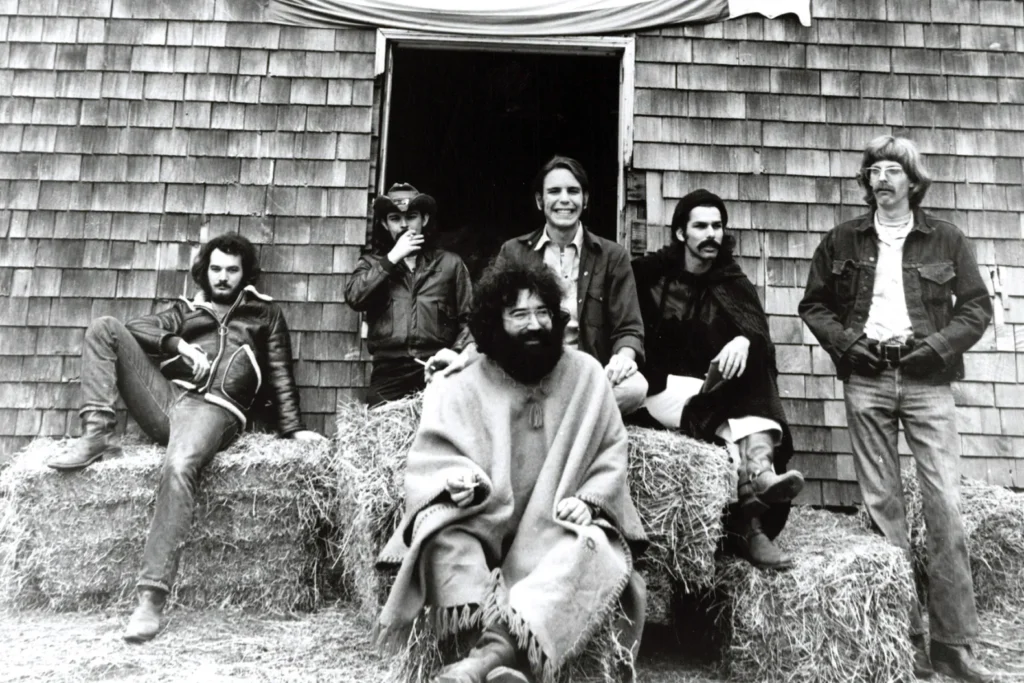 I started my career as an ad agency account executive before being hired away by my client as a brand manager. We did a lot of focus groups back then, and I was able to observe several moderators conduct many dozens of focus groups. To me, most of these groups were a lesson in what not to do. Backed by the prevailing academic and practical best practices at the time, there were several taboos to be avoided by any professional moderator.
I started my career as an ad agency account executive before being hired away by my client as a brand manager. We did a lot of focus groups back then, and I was able to observe several moderators conduct many dozens of focus groups. To me, most of these groups were a lesson in what not to do. Backed by the prevailing academic and practical best practices at the time, there were several taboos to be avoided by any professional moderator.
While attitudes have loosened up shifted over time, I still see much of the same behaviors. Almost always, these rules serve to stifle free, authentic expression and limit potential insights.
Respondents Must Know “The Rules”
Why bother? People in 2023 know how to speak out. They are less polite and more entitled, as social media has provided the false impression that someone actually cares about what they had for lunch.
They also know what market research is. They’re bombarded with surveys on a daily basis. “I see you walked from a restaurant to your car yesterday. How satisfied were you with the sidewalk?” In addition, I can literally count on one hand any of the respondents with whom I’ve talked to in the past year who never participated in focus group.
Back in the day, we had to explain what a focus group was, disclose the “secret” one-way mirror behind us, tell people there are “no right or wrong answers” and admonish them to speak on at a time.
I still see moderators do this and wonder why. I remember the time when a polite Minnesotan would say “I’d give it a try” for any new product I’d show them. Not so anymore. People are on to the market research game and marketing in general. They tell me what they think almost immediately. Even in Minnesota.
It’s still a good idea to give respondents the space to finish their thoughts, but disagreements and cross talk can yield the best insights. Spontaneous conversations are almost always more enlightening than having people answer questions one at a time.
Play It Close To The Vest. Don’t Reveal Anything About Yourself
I never do this! The more open and authentic I am, the more I find respondents will open up. If I’m doing it, they feel safer to do it themselves. Sharing personal stories also provides context, content, and sometimes specific “vocabulary” for respondents to articulate feelings that might be difficult for them to access and express.
I’’ll say things like, “That happened to me too!” or “I used to love the free coffee and samples when I went to Trader Joe’s. The content of those statements hardly matters. Old school thought would dictate that I’d be biasing respondents with statements like that. But that hardly happens in the age of social media, and I don’t think it really happened 20 years ago either.
It’s just another form of stimulus, and any decent moderator should be able to detect BS when they see it.
Mask Your Client
My preference is to have clients in the room with respondents. Focus group facilities are convenient, but mostly obsolete. I believe that respondents are far more at east in casual environments, anything from a secluded area or private room in a restaurant or even a hotel suite.
But even when working in facilities, I always liked to bring my clients into the room and tell them exactly who they were talking to. I’ve had people ranging from members of iconic, multi-generational families to Presidents of big companies to brand managers.
Again, the conventional wisdom is that this creates bias, as respondents would not want to insult or offend these company representatives. I find the opposite is true as the stakes are raised for respondents.
Qualitative research is always a great opportunity to give voice to people who feel voiceless. They appreciate that someone, a real human being (unlike surveys), is actually listening to them. They appreciate talking to a moderator, but it truly changes the game when an executive from the company walks through the door. Respondents understand that this is their shot, what is likely a once in a lifetime opportunity to speak directly to someone who will listen to their concerns and suggestions in a face-to-face interaction.



